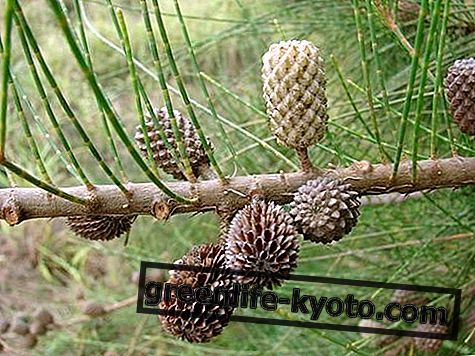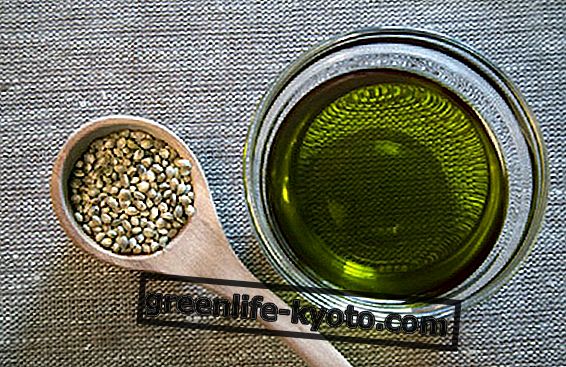By Dr. Francesco Candeloro
Halitosis, or bad breath, is a disorder that can greatly affect the social life of those affected. Caused by poor oral hygiene or incorrect eating habits, it can also be a symptom of other diseases. Let's find out better.
Anatomy of the oral cavity

Causes and symptoms of halitosis
Halitosis means a condition characterized by an unpleasant odor of the breath which may depend on substances taken for food or voluptuous purposes (alcohol, garlic, onions or tobacco), as well as from diseases of the oral cavity on the gums and teeth, or even of the upper respiratory tract, as in the case of acute or chronic rhinosinusitis, which are associated with malodorous secretion.
There are also particular situations that are accompanied by a characteristic odor, of acetone, of breath: in children, following prolonged fasts often caused by disorders of the gastrointestinal tract characterized by prolonged vomiting; in all cases of diabetic ketoacidosis, an important complication of diabetes mellitus.
It is very common to believe that a constantly unpleasant breath is the consequence of alterations of the digestive processes rather than of altered local conditions, but normally the esophagus, which is that tract of digestive system that connects the oral cavity and the pharynx to the stomach, is a virtually high-necked elastic tube, which therefore should not let anything flow back towards the mouth.
In recent years, however, many pathologies pertaining to otorhinolaryngology have been ascribed to the consequences of the reflux of acid material from the stomach into the esophagus, and from this into the mouth and into the upper respiratory tract; for this reason, in the presence of a constantly unpleasant odor of the breath, and of reflux symptoms (burns, a sense of post-prandial heaviness, belching, irritated cough at awakenings, recurrent sore throat, etc.) it is good to consider the first as possible consequence of the second, and to treat reflux rather than halitosis.
Learn more about the causes and remedies for stomach acid

Homeopathic remedies for halitosis
In all cases where it is possible to recognize the onset of the disorder in an acute manner, as a consequence of the intake of particular foods or stimulants, in homeopathy we will intervene with remedies that treat precisely the unpleasant consequences, on the organism, of certain food substances or voluptuous use.
Think, for example, of Thuja who does not tolerate the intake of onions, of Nux Vomica who treats many of the consequences of alcohol consumption in an exaggerated way, or of Ignatia who still tolerates tobacco very badly from her simple smell.
In all other cases, however, where the problem occurs cyclically or relapsing, as with many other chronic diseases, it is not sufficient to treat the disorder with local remedies only, but it is necessary to carry out a more extensive examination of the patient, which consider both predisposing conditions coming from other apparatuses - as in the case of gastroesophageal reflux - and general and character aspects that distinguish those remedies in which such disturbances are more easily found.
In this regard, we should mention Pulsatilla, a remedy much more appropriate to the delicacy of the female sex, which presents halitosis and a bitter mouth in the morning upon awakening, associated with a white tongue and kneaded with no thirst, and disorders that are characteristically aggravated after fatty meals or processed.
Once again we mention Nux vomica, useful both in acute, for the consequences of immoderate libations, and in the chronic in those subjects however brought to the overeating and to the excessive assumption of stimulating substances to maintain a high level of activity for as long as possible and efficiency: in these individuals, often hyper-excitable and choleric, the disorder will occur associated with a typically dirty language only in its posterior half.
Finally we mention Mercurius Solubilis which manifests the disorder mostly associated with hypersalivation, recurrent aphthae and / or inflammatory processes of the throat also with purulent character, flaccid tongue on the margins, and an overall very aggressive and typically hypersuscent attitude.













